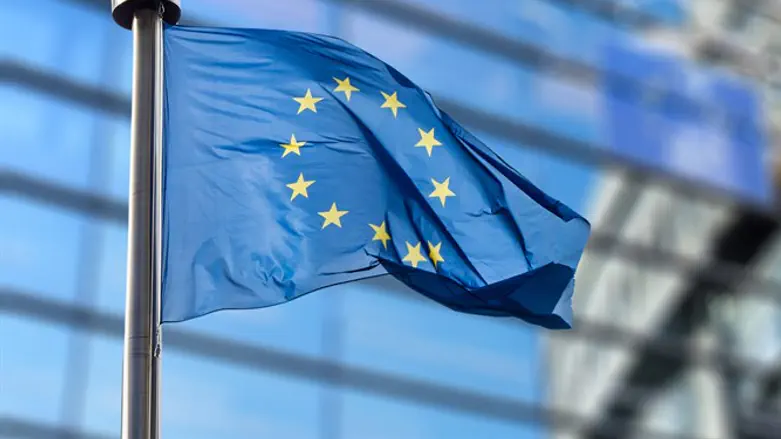
Several European foreign ministers are seeking to reinstate the annual high-profile meeting of the EU-Israel Association Council, after Israel suspended its plans to apply sovereignty over parts of Judea and Samaria as part of its agreement to normalize ties with the United Arab Emirates, Haaretz reported on Friday.
The proposal to renew the meetings, which stopped in 2013 due to political tensions over European policy concerning Judea and Samaria and pressure from pro-Palestinian groups, was presented this week during Foreign Minister Gabi Ashkenazi's visit to Germany, where he participated in an informal meeting of EU foreign ministers, the report said.
The EU’s High Representative for Foreign Affairs Josep Borrell has backed the proposal, which Israel is looking into and is still pending formal approval by all member states.
The association agreements signed between Israel and the European Union in 1995 call for an annual meeting of Israeli and EU foreign ministers, which was last held in July 2012. Israel canceled its participation in the summit planned for 2013, citing EU guidelines stipulating that agreements with Israel would not apply to Judea, Samaria and eastern Jerusalem.
In December 2017, Prime Minister Benjamin Netanyahu attended a meeting of EU foreign ministers in Brussels, but only at the informal invite of Lithuania and against protocol, spurring outrage by member states and the EU's then-foreign policy chief, Federica Mogherini, who invited Palestinian Authority (PA) chairman Mahmoud Abbas for a visit in response.
EU officials have lately been working behind the scenes to advance a meeting of the Association Council, as part of a carrot-and-stick policy to fend off Israel's sovereignty plans. If Israel backs off from its plans, EU officials have argued, the EU and Israel could turn over a new leaf in their relationship.
Israel's agreement with the United Arab Emirates stipulates that Israel would suspend its plans to apply sovereignty over Judea and Samaria.
Prime Minister Binyamin Netanyahu insisted that the agreement with the UAE did not mark the end of his sovereignty plan, but is merely a temporary delay. US President Donald Trump, however, later asserted that Israel agreed not to apply sovereignty over Judea and Samaria as part of the agreement.
Borrell was highly vocal in his criticism of Israel’s plans to apply sovereignty over Judea and Samaria, having warned that “annexation would inevitably have significant consequences for the close relationship we currently enjoy with Israel."
The EU welcomed the agreement between Israel and the United Arab Emirates while restating its support for a two-state solution between Israel and the PA.
(Arutz Sheva’s North American desk is keeping you updated until the start of Shabbat in New York. The time posted automatically on all Arutz Sheva articles, however, is Israeli time.)